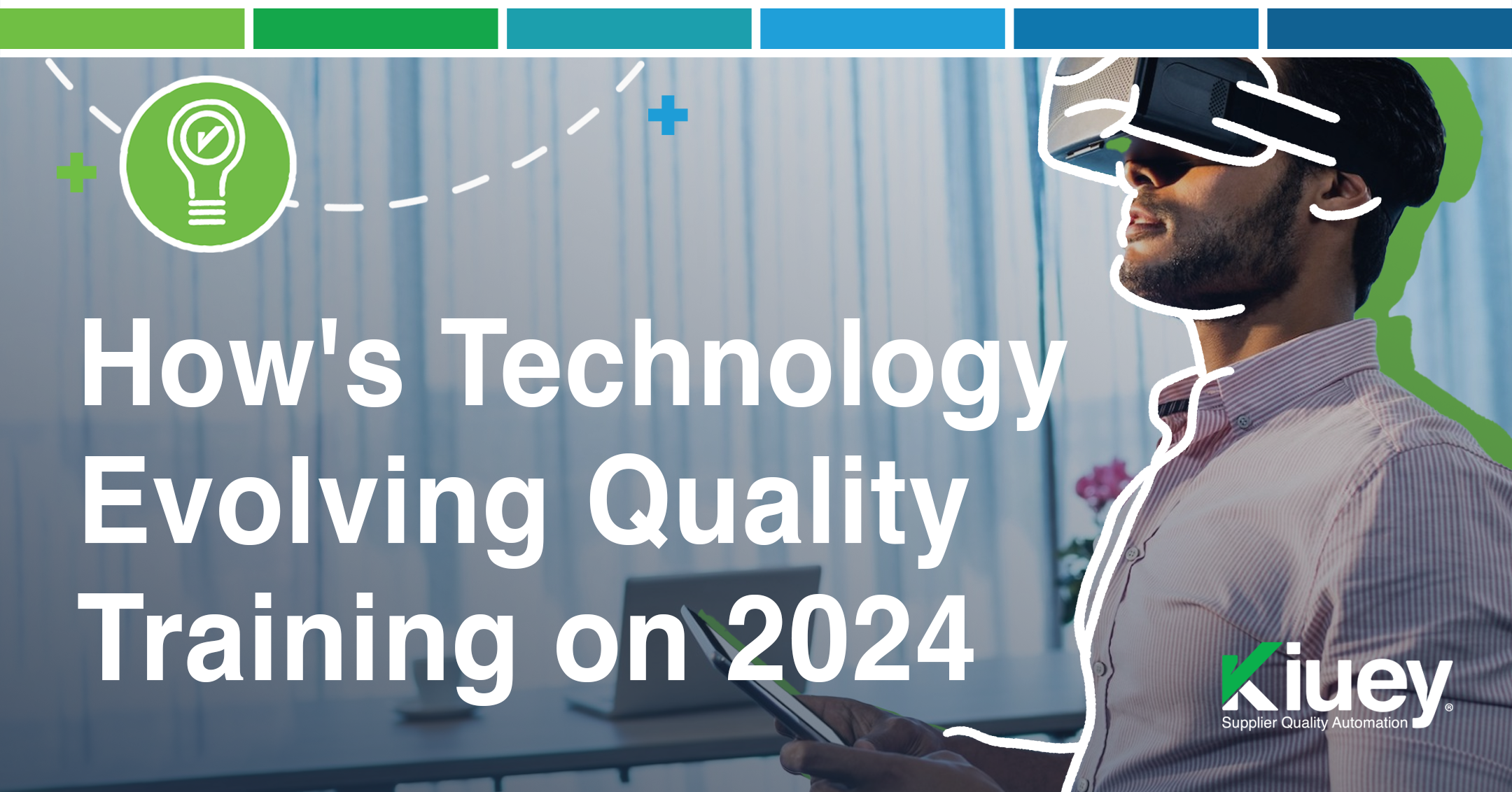
In today’s rapidly evolving industrial landscape, the significance of quality training cannot be overstated. From additive manufacturing to nondestructive testing, continuous learning and skill development are paramount for organizations to remain competitive. As technology advances and methodologies evolve, quality training must adapt to meet the dynamic needs of professionals and industries alike.
Technological Advancements for Quality Training
Technological innovations have significantly reshaped the landscape of quality training, offering innovative solutions to enhance learning experiences and outcomes. Virtual reality (VR) and augmented reality (AR) technologies have emerged as powerful tools for simulating real-world scenarios, allowing trainees to practice skills in a safe and controlled environment. For example, in welding and NDT, VR simulations can replicate inspection procedures and environments, enabling technical professionals to refine their techniques. Similarly, AR applications can overlay digital information onto physical objects, guiding workers through complex assembly processes with precision and efficiency.
Artificial intelligence (AI) and machine learning have also revolutionized the personalization of training programs. AI algorithms can analyze individual learning patterns and preferences to tailor course content and delivery methods, optimizing engagement and knowledge retention. Adaptive learning platforms leverage AI to dynamically adjust the difficulty level of exercises based on the learner’s performance, ensuring an optimal learning curve for each participant.
Cloud-based learning management systems (LMS) have streamlined the administration and delivery of training programs, enabling seamless access to resources and collaboration tools from anywhere with an internet connection. Cloud-based platforms offer scalability and flexibility, allowing organizations to scale their training initiatives according to their evolving needs while reducing infrastructure costs.
Developments in Training Methods for Quality Training
In addition to technological advancements, developments in training methods have transformed the way knowledge is imparted and skills are acquired. Traditional classroom-based training has given way to more interactive and learner-centric approaches that prioritize engagement and application.
Experiential learning, which emphasizes hands-on activities and real-world problem-solving, fosters a deeper understanding of concepts and encourages critical thinking. Through case studies, simulations, and role-playing exercises, trainees actively engage with course material, gaining practical insights and honing their decision-making skills.
Microlearning, which breaks down content into bite-sized modules, accommodates busy schedules and allows learners to consume information in small increments, maximizing retention and minimizing cognitive overload. Mobile-friendly microlearning platforms deliver content on-the-go, enabling seamless integration into daily routines.
Gamification, which applies game-design principles to non-game contexts, can increase engagement and motivation by incorporating elements such as points, badges, leaderboards, and rewards. Gamified training programs transform learning into a competitive and enjoyable experience, driving higher levels of participation and knowledge retention.
Collaborative learning has also gained prominence as organizations recognize the value of peer-to-peer knowledge sharing. Online forums, discussion boards, and virtual classrooms facilitate collaborative problem-solving and idea exchange among trainees, fostering a sense of community and camaraderie. Peer feedback mechanisms promote continuous improvement and create a supportive learning environment where individuals feel empowered to contribute and learn from one another.
Trends and Developments
Looking ahead, several trends and developments are poised to shape the future of quality training. The integration of adaptive learning technologies with augmented reality will enable personalized and immersive learning experiences. The rise of remote work and distributed teams has accelerated the demand for digital training solutions that transcend geographical barriers. Virtual classrooms, webinars, and e-learning platforms have become essential tools for organizations seeking to upskill and reskill their workforce in a remote or hybrid work environment.
The concept of lifelong learning has gained traction as professionals recognize the need to continuously update their skills to remain competitive. Microcredentials, nanodegrees, and digital badges offer flexible pathways for individuals to acquire targeted skills and credentials in specific domains. Lifelong learning platforms provide personalized learning recommendations based on individual career goals and industry trends, empowering learners to take ownership of their professional development journey.
In conclusion, quality training continues to evolve in response to advances in technology, developments in methods, and shifting industry trends. By embracing innovative technologies, adopting learner-centric methodologies, and staying abreast of emerging trends, organizations can create dynamic and impactful training programs that empower individuals to thrive in an ever-changing world. The pursuit of excellence in training will remain a key driver of organizational success and individual growth.
Subscribe to our newsletter.
Your go-to destination for insights, best practices, and innovative solutions in supplier quality assurance.
Categories
Let's talk to see how PPAP Manager can help your company to save time and money.




